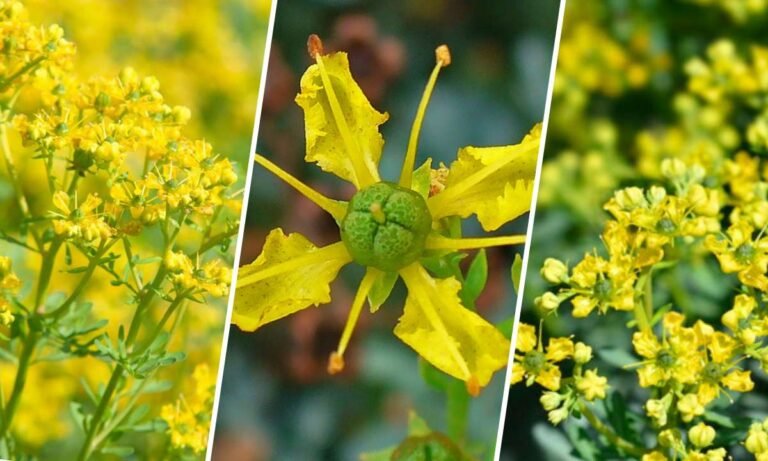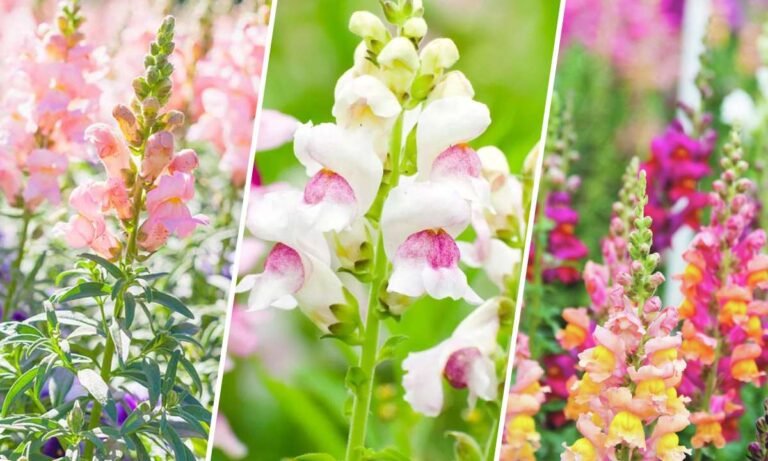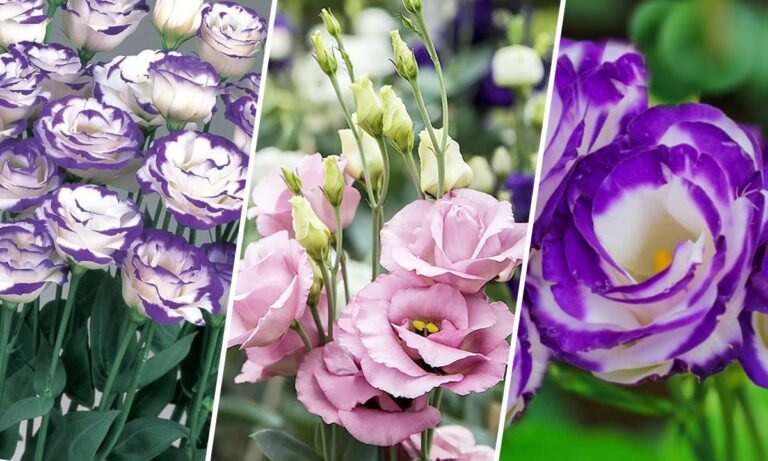Coreopsis flowers, often called tickseed, are loved by gardeners and flower enthusiasts for their bright colors and resilience. But these delightful blooms are more than just pretty faces; they carry deep symbolism and meaning. Let’s explore what Coreopsis flowers represent, their historical significance, cultural relevance, and practical uses in gardening and beyond.
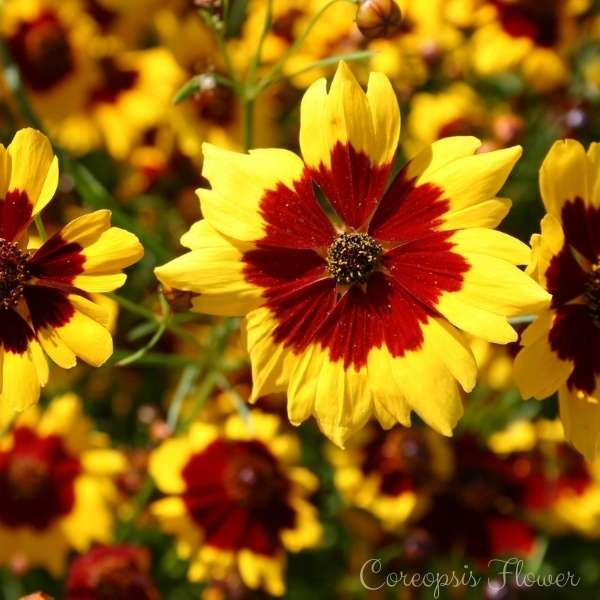
Origins and Historical Significance
Coreopsis flowers are native to North America and have been grown for centuries. They belong to the Asteraceae family, which includes daisies and sunflowers. The name “Coreopsis” comes from the Greek words “koris” (bug) and “opsis” (view) because the seeds look like little bugs. Historically, Native American tribes used these flowers in rituals and as natural dyes. Over time, their beauty and versatility made them popular in Europe and other parts of the world.
Symbolism of Coreopsis Flowers
Joy and Cheerfulness
Coreopsis flowers are most commonly associated with joy and cheerfulness. Their bright and sunny look naturally brings happiness and positivity. Giving someone a bouquet of Coreopsis flowers is a great way to lift their spirits and bring joy to their day.
Love and Devotion
In the language of flowers, Coreopsis symbolizes love and devotion. They are a popular choice for romantic gestures and expressions of affection, whether for weddings, anniversaries, or just as a token of love.
Endurance and Resilience
Known for their hardiness and ability to thrive in various conditions, Coreopsis flowers symbolize endurance and perseverance. They are a perfect reminder to stay strong and resilient during tough times, making them an inspiring gift for someone facing challenges.
Inspiration and Creativity
The vibrant colors and unique patterns of Coreopsis flowers inspire creativity and artistic expression. They encourage us to embrace our imagination and find beauty in the world around us. Artists and creatives often draw inspiration from these flowers.
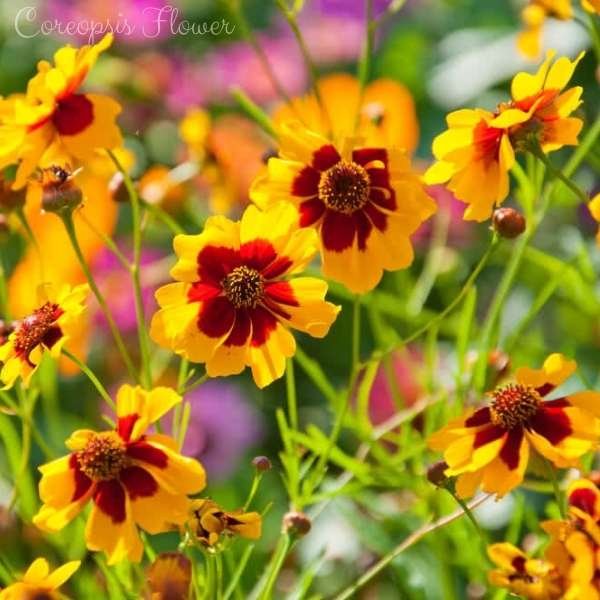
Varieties of Coreopsis Flowers
Coreopsis flowers come in many colors and varieties, each with its unique charm:
Coreopsis Grandiflora
Also known as large-flowered tickseed, these have big, golden-yellow blooms that attract bees and butterflies.
Coreopsis Verticillata
Also called threadleaf Coreopsis, this variety has delicate, feathery foliage and bright yellow flowers, making it popular for borders and wildflower gardens.
Coreopsis Tinctoria
Known as plains Coreopsis or calliopsis, this variety has striking yellow petals with reddish-brown centers and is often used in wildflower mixes.
Coreopsis Rosea
This variety, or pink tickseed, stands out with its lovely pink blooms, adding a soft and romantic touch to gardens.
Growing and Caring for Coreopsis Flowers
Planting
Coreopsis flowers are easy to grow and care for. They thrive in well-drained soil and prefer full sun but can tolerate partial shade. Planting seeds or young plants in the spring ensures a vibrant display all summer.
Watering
While drought-tolerant, regular watering during dry spells helps keep them healthy. Avoid overwatering, as they prefer slightly dry conditions.
Pruning and Deadheading
Pruning and removing spent blooms encourage continuous flowering and prevent the plants from becoming leggy.
Pest and Disease Management
Coreopsis flowers are generally resistant to pests and diseases. Regular monitoring and prompt addressing of any issues keep the plants healthy.
Coreopsis in Floral Arrangements
The cheerful and vibrant look of Coreopsis flowers makes them a popular choice for floral arrangements. They complement various styles, from rustic and wildflower bouquets to elegant designs. Pairing them with other summer blooms like coneflowers and daisies creates stunning displays.
Cultural and Artistic Representations
Coreopsis in Literature and Art
These flowers symbolize happiness and positivity and appear in poems, paintings, and folklore, representing nature’s beauty and joy.
Coreopsis in Modern Culture
Coreopsis flowers are celebrated in festivals and events dedicated to gardening and wildflowers, with growing popularity in landscapes and floral designs.
Environmental Benefits of Coreopsis Flowers
Supporting Pollinators
Coreopsis flowers attract bees, butterflies, and hummingbirds, contributing to the health and sustainability of local ecosystems.
Erosion Control
Their deep root systems help stabilize soil and prevent erosion, often used in conservation efforts.
Native Plant Restoration
As native plants, Coreopsis flowers play a crucial role in restoring natural landscapes, supporting biodiversity, and providing habitat for wildlife.

Conclusion: Embracing the Beauty and Meaning of Coreopsis Flowers
Coreopsis flowers, with their bright colors and rich symbolism, offer much more than aesthetic appeal. They bring joy, love, and inspiration into our lives while supporting the environment. Whether you are a seasoned gardener or a flower enthusiast, incorporating Coreopsis into your garden or floral arrangements is a wonderful way to celebrate nature’s beauty and the positive energy these flowers convey.

